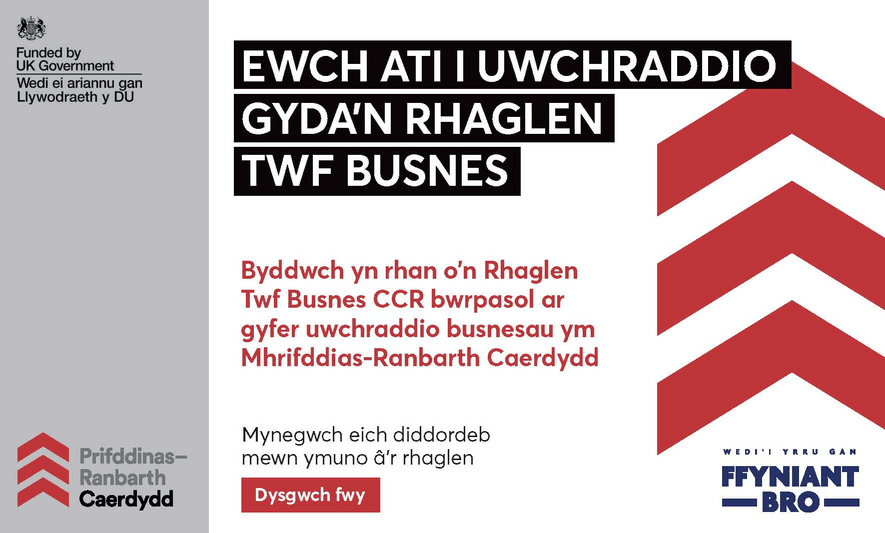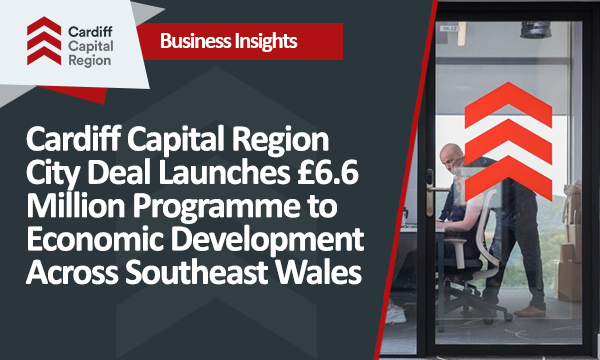Rod Parker, MD of medical and pharmaceutical products manufacturer Gwalia Healthcare, is a strong believer in buying local. He extends his doctrine of supporting local supply chains into every aspect of the privately owned Treforest business.
Gwalia is the largest independent manufacturer of child proof bottle tops in the UK, but there’s a lot more to the business than that. In recent years it has diversified into making a wide range of pharmaceutical packaging, as well as medical devices. And since the start of the Covid pandemic it has also been making and filling hand sanitiser bottles and decontamination products.
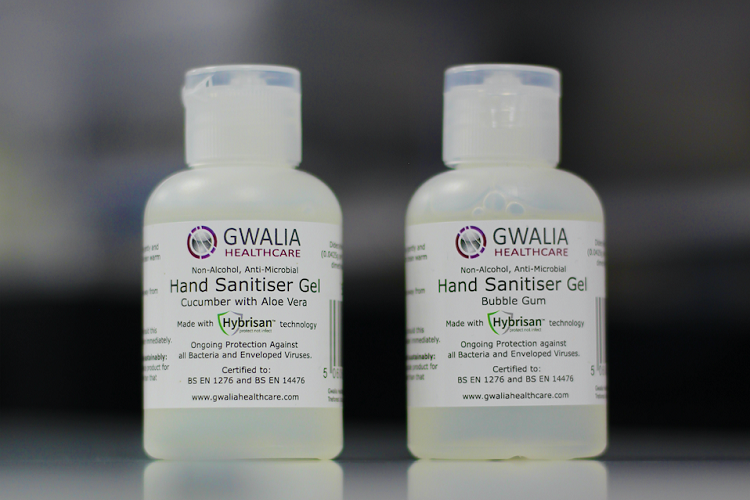
The benefits of buying local
One of Gwalia’s latest ventures is the development of a non-alcohol hand gel, using a technology developed by a Port Talbot-based company, Hybrisan. It’s typical of Gwalia that it should have found another South Wales business with which to partner.
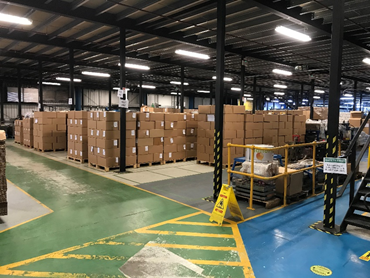
Rod Parker explains his philosophy of always buying as locally as possible:
“If I can’t buy in my borough I buy in Wales; if I can’t buy in Wales I buy in the UK. If I can’t buy in the UK then I have to go to Europe, and if I can’t buy there then I go further afield.”
This goes for everything from recruiting staff to buying fork-lift trucks. The benefits are manifold, not least to the environment. Gwalia’s manufacturing process is not far off being carbon neutral, helped by its short-distance supply lines.
Take the hand sanitiser bottles it’s being filling since Covid, for example. All the bottles and bottle tops are made in-house at Treforest, the gels come from Llandow or Port Talbot, and labels are made in Llantrisant. Even the pallets for the fork-lift trucks are made in Tredegar.
“There’s a big drive for companies to reduce their carbon footprint, and to prove that they are all through their supply chain,” says Rod.
“So if they buy from a British company which is making everything on site or within a 20-mile radius, straightaway they’re reducing their carbon footprint compared to if they are buying from China or Turkey. Recently we’ve seen people flying supplies in, so their carbon footprint has gone through the roof.”
Building local resilience
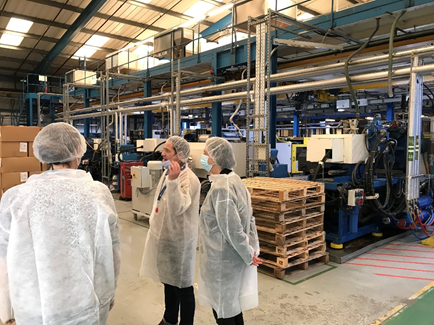 But there’s another very good reason for buying local, beyond the environmental gain. During the pandemic people have begun looking at the resilience of local communities as never before. That resilience is tied up with the strength of local economies. Yet when international transport was disrupted in the early days of the lockdown, local supply chains were often found wanting after years of being hollowed out by strong overseas competition.
But there’s another very good reason for buying local, beyond the environmental gain. During the pandemic people have begun looking at the resilience of local communities as never before. That resilience is tied up with the strength of local economies. Yet when international transport was disrupted in the early days of the lockdown, local supply chains were often found wanting after years of being hollowed out by strong overseas competition.
A company like Gwalia can only do so much, it doesn’t have the purchasing power of big public sector bodies. Rod is frustrated at what he sees as a lack of vision and urgency in efforts to increase local procurement by the public sector.
“Nobody in procurement services or government positions are prepared to step up and be counted and say, we’re not spending enough in our local area,” says Rod.
“I’m sure there are people in Welsh Government and procurement services who are just as frustrated as me that this isn’t happening, but I don’t feel there’s enough joined-up thinking between what’s happening at the coal face and the people who are buying.”
Rod thinks that large firms should be given incentives to buy from smaller supply chain businesses in their local area. For him personally, it seems the knowledge he’s putting something into his local community is encouragement enough.
All businesses of course have to make commercial decisions about their suppliers. For Rod Parker and his team at Gwalia Healthcare, it seems, commercial decisions go hand in hand with other considerations in a way that’s good for the company, good for the community and good for the environment.




